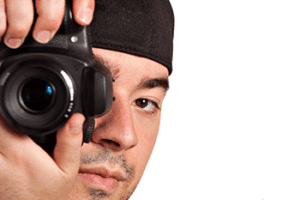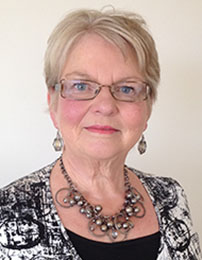Do you come back from holiday with your camera loaded with photographs? 
You will remember everything, right?
WRONG!
Research says that sometimes taking a photograph makes it harder to remember a great view or experience.
Why is this?
Is it because we give less attention to an experience if it is safely stored in a photograph?
Recent research from the University of California shows that the photographer’s memory will suffer whether they expect to keep the photograph or not.
Here’s what they did:
University students were asked to study paintings in a museum.
Some took photographs of the paintings with half deleting them straight away and the others saving them. Other students simply studied the paintings.
After a 10-minute delay, all the students took a multi-choice test. Read more
Why photographs don’t always help you:
The students who simply looked at the paintings remembered far more than the photographers, whether they expected to keep the photographs or not.
The results suggest poorer memory isn’t because of relying on the photograph for later recall.
It comes back to paying attention.
Using a camera requires attention to flow to the mechanics of operating buttons, exposure time, capturing the best angle and so on.
That’s taken your attention away from the subject.
What’s more, concentrating on getting a good photograph leads to the sense you’ve done a good job of encoding the object itself, even though you’ve been fiddling about with the camera.
You are not mentally slacking-off because you think the photograph will remind you later, but because you mistakenly think you have already fully made a memory of the subject.
Next time you are enjoying an exciting life event remember if you experience it through your camera, you may be distancing yourself from fuller participation.
Enjoy that moment!
 From Co-Founder, Dr. Allison Lamont, PhD
From Co-Founder, Dr. Allison Lamont, PhD
Is this research similar to your experience? Do leave us a story or comment to share with others.





I agree taking photos is an activity distancing oneself from the experience. Example: in Venice I happened across a costumier and mask maker in her studio, and spent some time with her. Describing the experience to a friend she asked to see photos of the studio. I had deliberately not taken any photos as I wanted to relish the experience and felt to set up a photo session would interrupt the experience.
And I am sure the experience is still vivid in your memory and mind’s ‘eye’!
I take a lot of photos and spend time editing them and reLiving the moment and the time around that moment and find it helps me to remember that time. Also I usually take the photo after noticing something special so actually am concentrating on that before I take the photo. Occasionally I have been disappointed to find that for some reason the photo has disappeared from the camera card or computer but can still see in my mind’s eye the scene which has disappeared from the camera etc!
You’ve had the best of both worlds! Paying attention, noticing then taking the photo. A great strategy.
After suffering a stroke I cherish the photos I have taken as they stimulate memories and help me fill in some of the missing pieces I have lost or buried in the past. Thanks for the memory tips and exercises.
Absolutely! that’s where photos are SO important. the article really pointed out that ‘seeing’ people and places through the camera, rather than experiencing the moment with your full attention, is spoiling storing those vivid memories. Photos are wonderful to look at with people suffering from Alzheimer’s and other brain issues and injuries, too.
Thanks for the hints. I’m booked on a tour of Egypt in Nov, so will them in to practice. Sheila
What a fantastic trip that will be! Enjoy every moment … before you take the photos!
I also take many photographs, and also write down many impressions. I agree that the photos sometimes mean little unless I study the view first and absorb it, but the writings are wonderful to recall what I experienced at the time.
Exactly! A combination of both personal experiences and the photo is so important! those writings are precious.
Take a small plain page sketch book whether you are confident or not. If scared, read Betty Edwards “Drawing on the Right Side of the Brain.” You’ll find much in what you’re looking at than what attracted your attention.
This is an excellent tip! And your sketches are private so it is well worth giving this strategy a try.